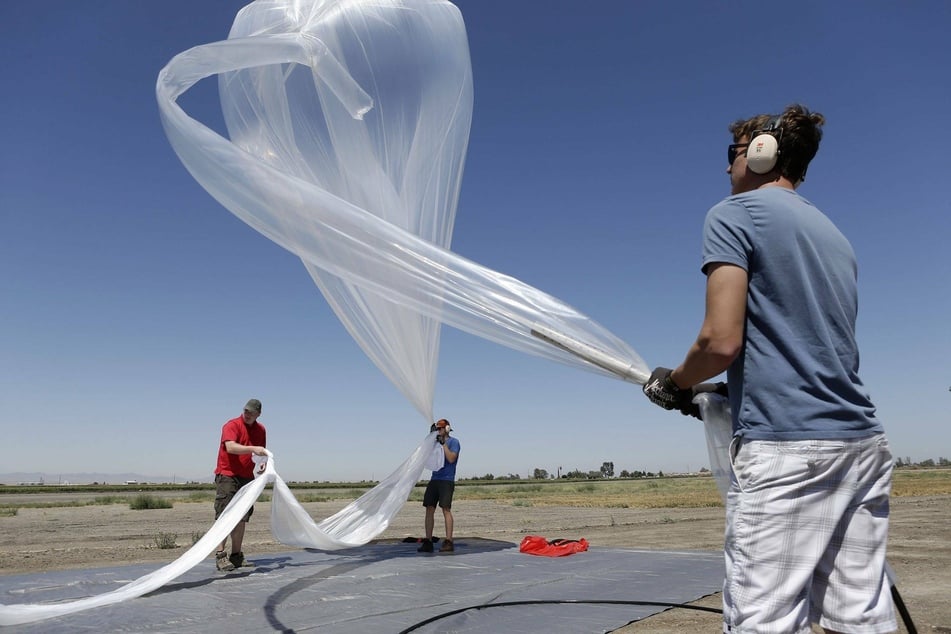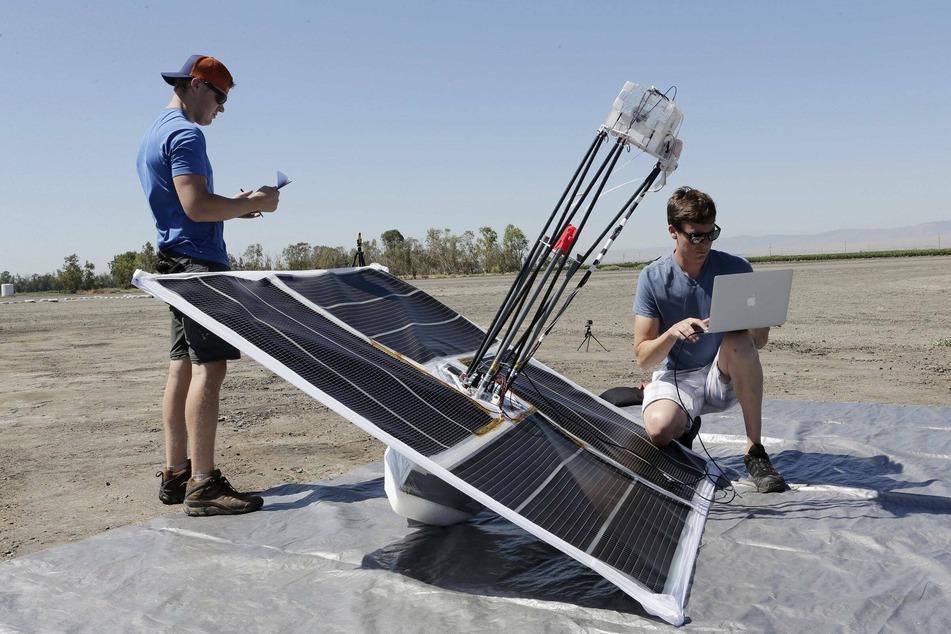Burst bubble: Google parent company drops its balloon-based rural internet project
Mountain View, California – Google parent Alphabet decided to drop its internet balloon project Loon, launched with the idea of providing internet access to rural areas and last-mile connectivity.

In a blog post, Loon chief executive Alastair Westgarth said the firm had not found a way to get the costs low enough to build a long-term, sustainable business, despite gaining a number of interested partners along the way. Though started in June 2013, it continued to be a long-term experimental project.
Loon is an independent business within Alphabet that is working to bring internet access to unserved and underserved communities around the world via a network of helium-powered balloons operating on the edge of space.
"Developing radical new technology is inherently risky, but that doesn't make breaking this news any easier. Today, I'm sad to share that Loon will be winding down," Westgarth added.
Reports suggest that one of the major hindrances of the Loon project was that people in rural areas could not afford the expensive 4G phones that were required to gain connectivity.
Loon developed a large communications system

However, Loon succeeded in signing a pilot commercial deal with Kenyan telecommunications company Telkom to provide 4G connectivity to remote parts of the country. It also offered internet connectivity to Puerto Rico after Hurricane Maria destroyed the island's telecommunications infrastructure.
The project had developed a communications system capable of delivering mobile internet coverage over an 4,250-square-mile area, which is 200 times that of an average cell tower.
The company uses self-navigating high-altitude balloons, the size of tennis courts, placed in the stratosphere at an altitude of about 63,000 feet above sea level, well above air traffic, wildlife, and weather events, to create an aerial wireless network with up to 4G-LTE speeds.
The balloons act as floating cell towers, transmitting a provider's service directly to a subscriber's existing 4G/LTE phone below. The equipment is powered by on-board solar panels.
Loon, initially known as Project Loon, began as a research and development project under Alphabet's experimental X division. In July 2018, the business "graduated" to become a full-fledged subsidiary of Alphabet.
Nearly a year ago, Alphabet also shut down another experimental project called Makani, which developed technology to generate wind power from gigantic energy kites. Founded in 2006, Makani was acquired by Google in May 2013.
Cover photo: imago images / ZUMA Wire